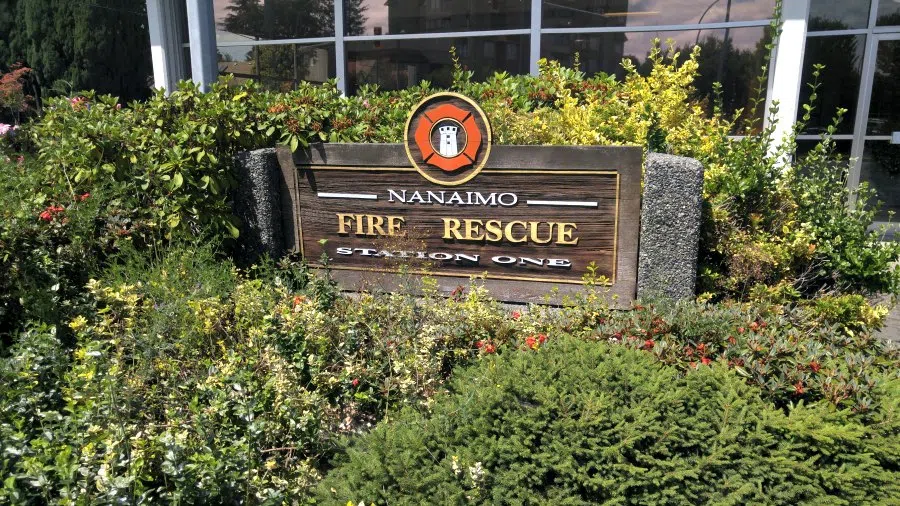
Judge orders blood test of overdose victim after Nanaimo firefighter hit with vomit
NANAIMO — A provincial law designed to better protect emergency responders and Good Samaritans has been used for what’s believed to be the first time in a case involving a Nanaimo firefighter.
Judge Brian Harvey enacted the law in Provincial Court in Nanaimo Wednesday morning against a man in relation to an incident on a south Nanaimo street in early August.
Nanaimo Fire Rescue chief Karen Fry told NanaimoNewsNOW a man overdosing was revived and then vomited on the face of a firefighter, sparking concerns over the spread of disease.
The five-year-old Emergency Intervention Disclosure Act allows a judge to order a blood sample from a person if there’s a chance disease could spread to a first responder or someone offering emergency care.



